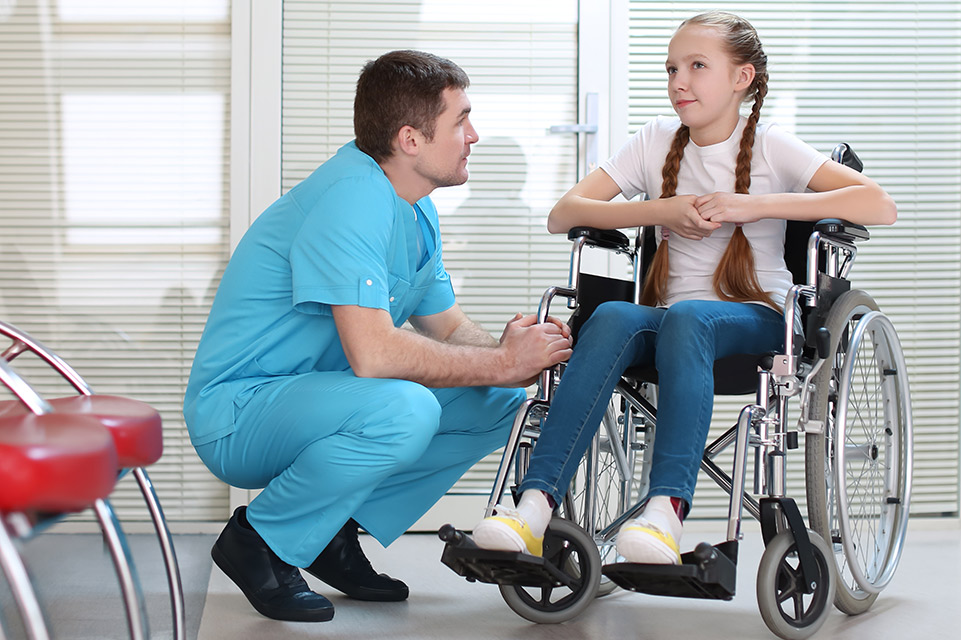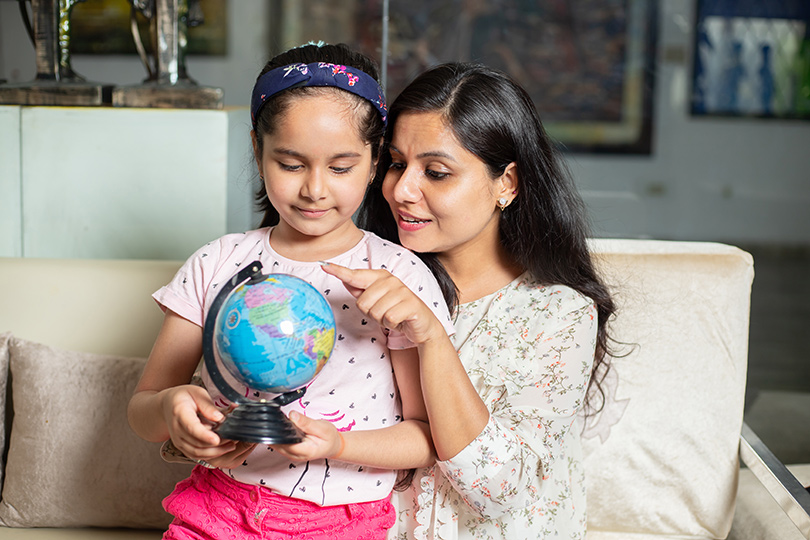Walking (Gait) Abnormalities
Shriners Children’s began in 1922 to help children with walking (gait) issues as they recovered from polio. Today, gait abnormality care is still a leading service at many of our locations.
Whether helping a child take their first step after missing developmental milestones, or helping a teenager make the basketball team, Shriners Children’s has an amazing team in place to help children and adolescents with walking issues.
In simple terms, gait abnormalities means problems with walking. Children with orthopedic conditions such as cerebral palsy and spina bifida, or positional conditions like in-toeing, out-toeing, toe-walking or club feet, commonly have trouble walking. These walking challenges vary in complexity, severity and symptoms.
This is why Shriners Children’s embraces a multidisciplinary approach. Your doctor will collaborate with other specialists to evaluate your child, make the right diagnosis and work with you to chart out the right treatment plan for your child. Treatment plans are unique to each patient and commonly include a combination of bracing, physical therapy and sometimes surgery.
Leaders in Diagnostics
Shriners Children’s is home to some of the only accredited pediatric motion analysis centers in the world. These centers contribute mightily to orthopedic research, while also providing advanced diagnostic techniques that can help us fully understand what is causing your child’s walking issues.
Motion analysis uses cameras and computers to measure motion during walking. This can help us understand the movement of children with walking issues and develop an appropriate plan based on what we learn. Our centers use 3-D movie and video game technology to collect information on each patient. That data provides our Shriners Children’s care teams with guidance for a child's surgery, braces and/or rehabilitation.
Latest in Technology
Our patients who need physical therapy to meet their walking goals have access to the latest technological advances. One example is the Lokomat® device, a unique and valuable rehab tool for children. It uses a suspension system to provide dynamic body support. The device moves up and down with the patient to mimic a natural walking pattern. Your physician will work closely with your physical therapist, using a wide range of technologies, to achieve optimal outcomes.
Additional Services
The hospital’s approach to working with families includes the ability to find more than just amazing doctors under our roof. Patients who need evaluations and appointments with services such as athletic training, orthotics and prosthetics, radiology and imaging and wheelchair and seating, can find these services readily available at Shriners Children’s.
Common Conditions Seen in the Motion Analysis Center
Shriners Children's utilizes the latest in technological advances to help accurately assess your child's walking and build a customized treatment plan. Our motion analysis centers benefit children with a broad array of diagnoses, including but not limited to:
- Cerebral palsy
- Spina bifida or myelomeningocele
- In toeing, Out toeing, genu varum (bow legs), genu valgum (knock knees)
- Clubfoot/Club feet
- Pes planus / Pes planovalgus (flat feet)
- Toe walking
- Spinal
- Charcot-Marie-Tooth disease
- Neurofibromatosis
- Muscular Dystrophy
- Arthrogryposis
- Pes cavus (high arch feet)
- Various other genetic conditions
Once your child is a Shriners Children's patient, ask your doctor about access to one of our system's several motion analysis centers.
How We Support Your Child’s Overall Health and Well-Being
Families and patients say that Shriners Children’s feels like home to them, and it's no wonder to us. We know that a child's needs go beyond the physical. Our care teams support their social, emotional and developmental health with patient programs and activities.
A few examples include:
- Child life enrichment
- Music therapy
- Pet therapy
- School and community re-entry program
- Specialty camps
- Therapeutic recreation
Not all programs are available at every location. Contact your child’s care manager or any member of your child’s care team to learn more.
Shriners Children's provided me with the ability to walk again and live life to the fullest extent.

Advanced Diagnostics for Walking Problems
Services we provide
View All Related Services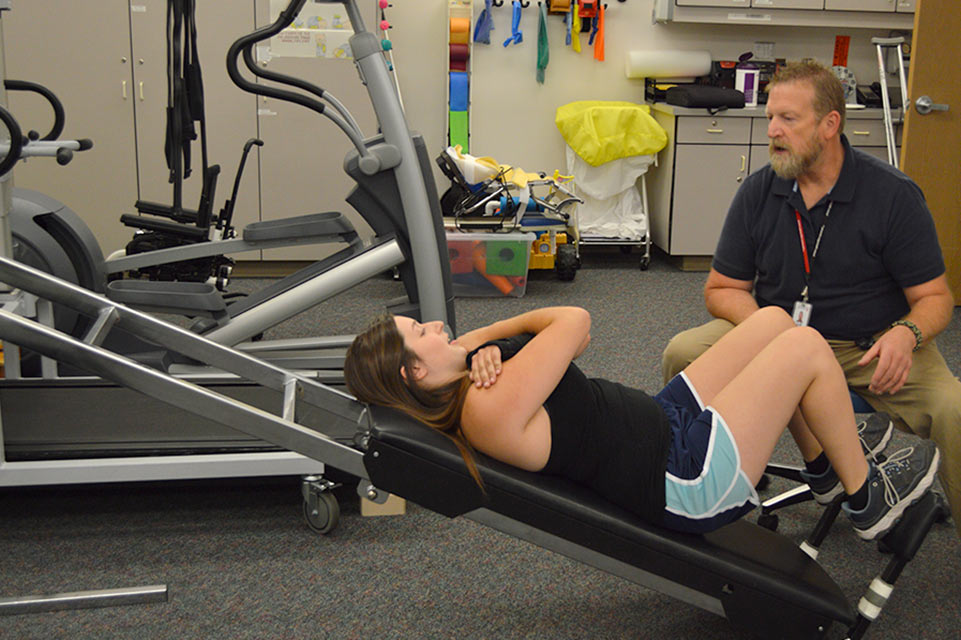
Functional Electrical Stimulation Machines
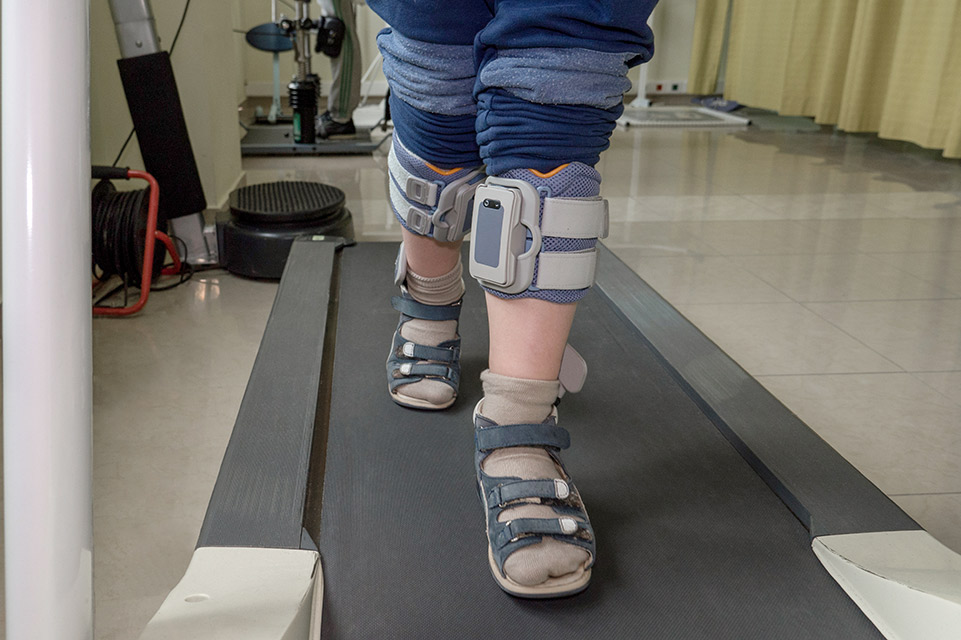
Lokomat
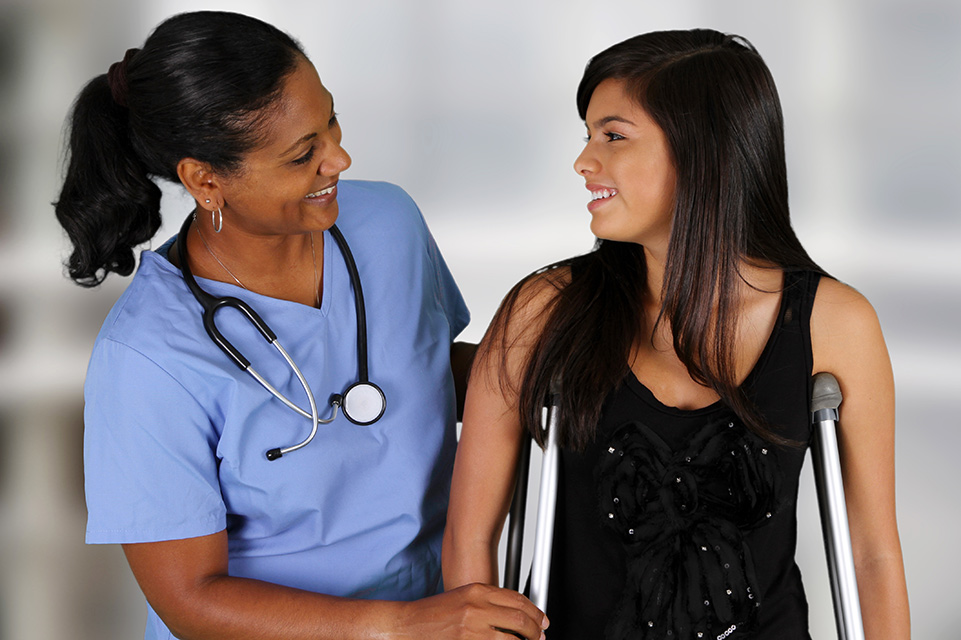
Motion Analysis
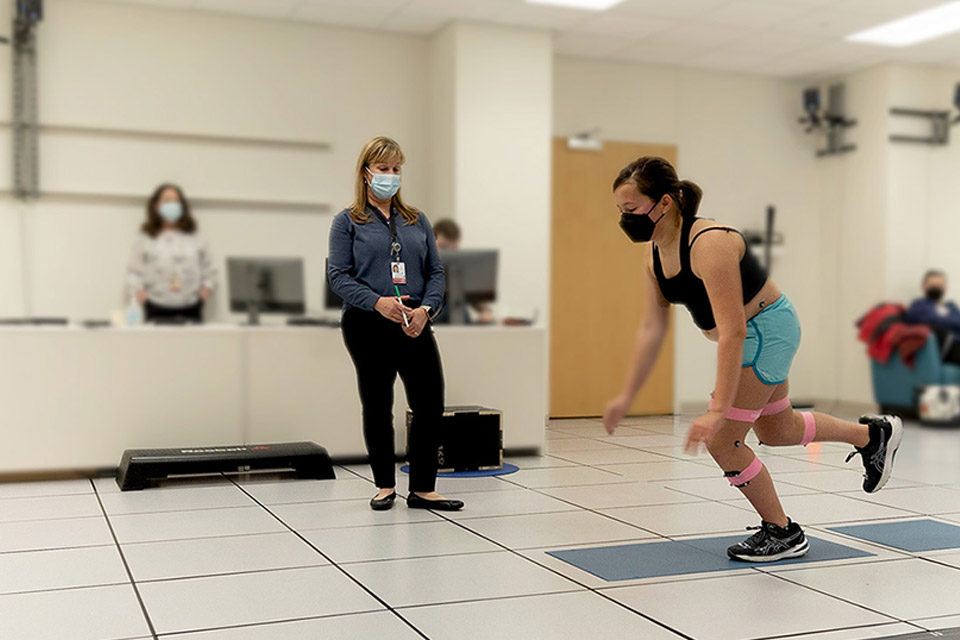
Pediatric Orthotic and Prosthetic Services (POPS)
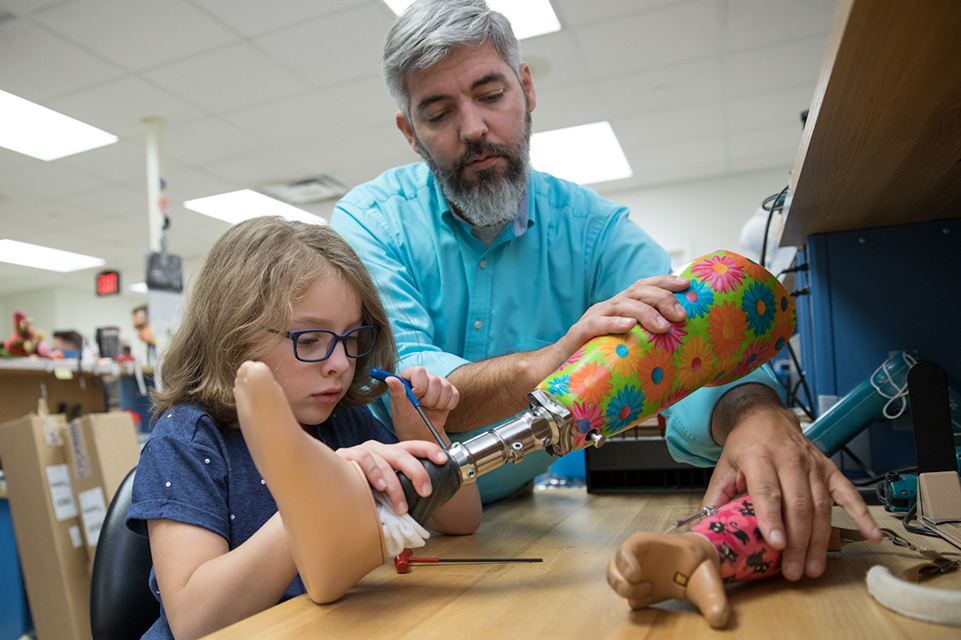
Radiology and Imaging
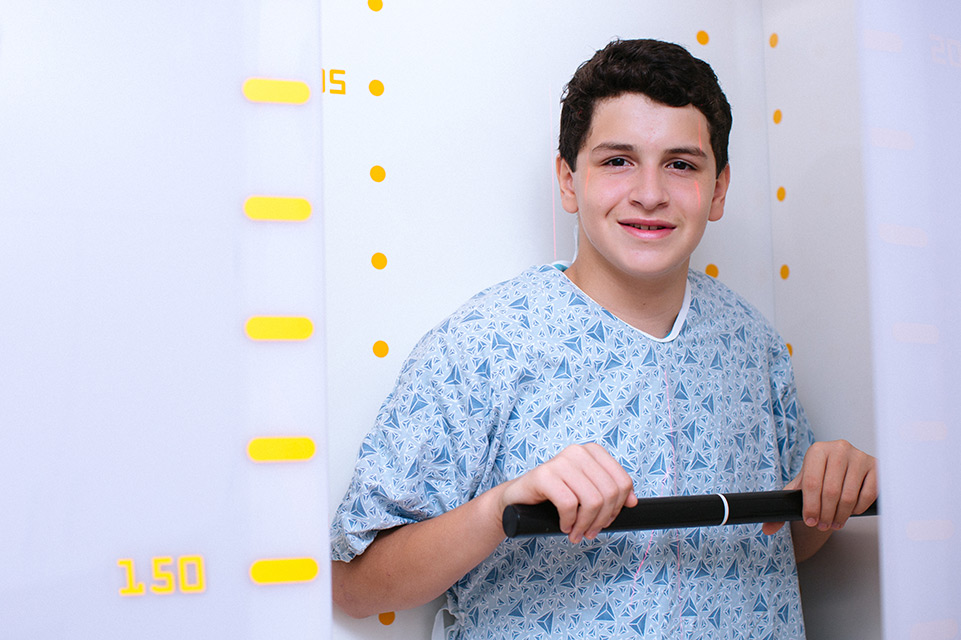
Wheelchair and Seating
